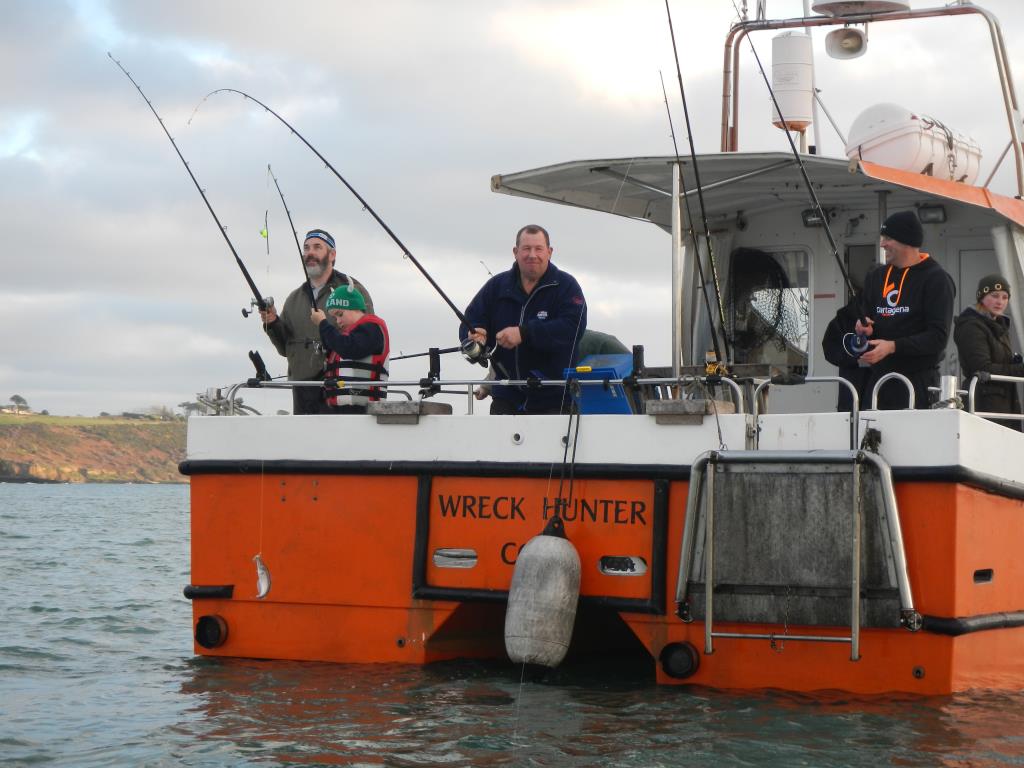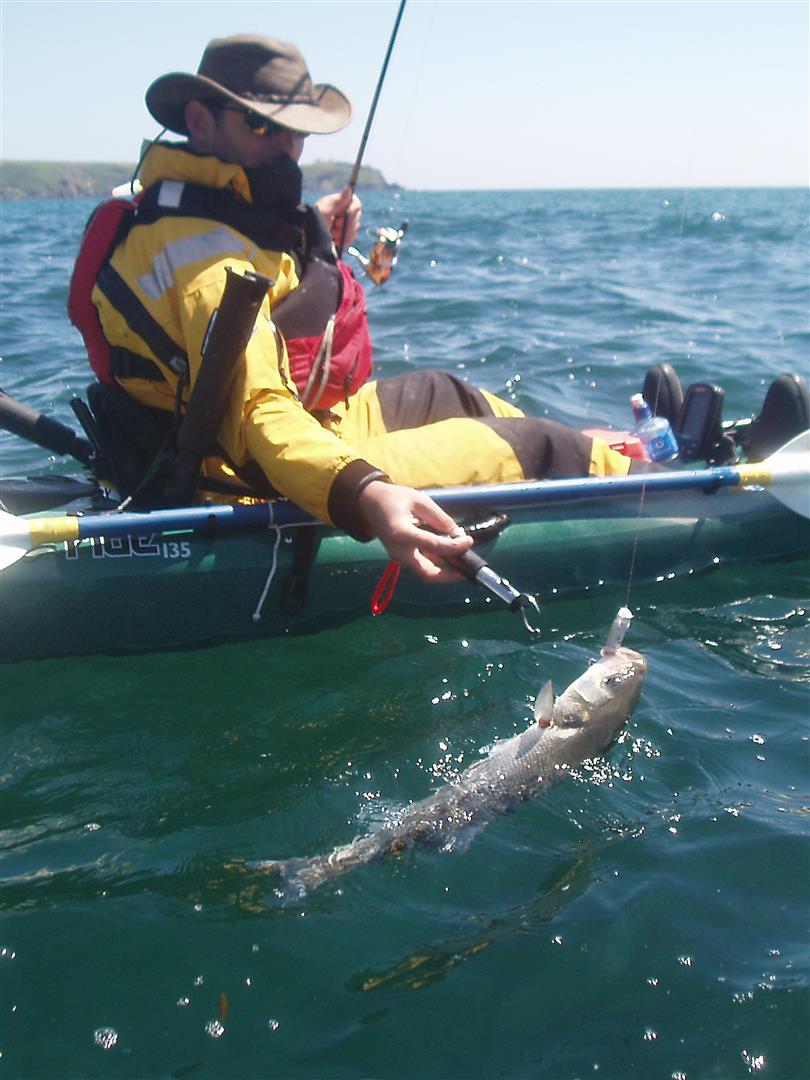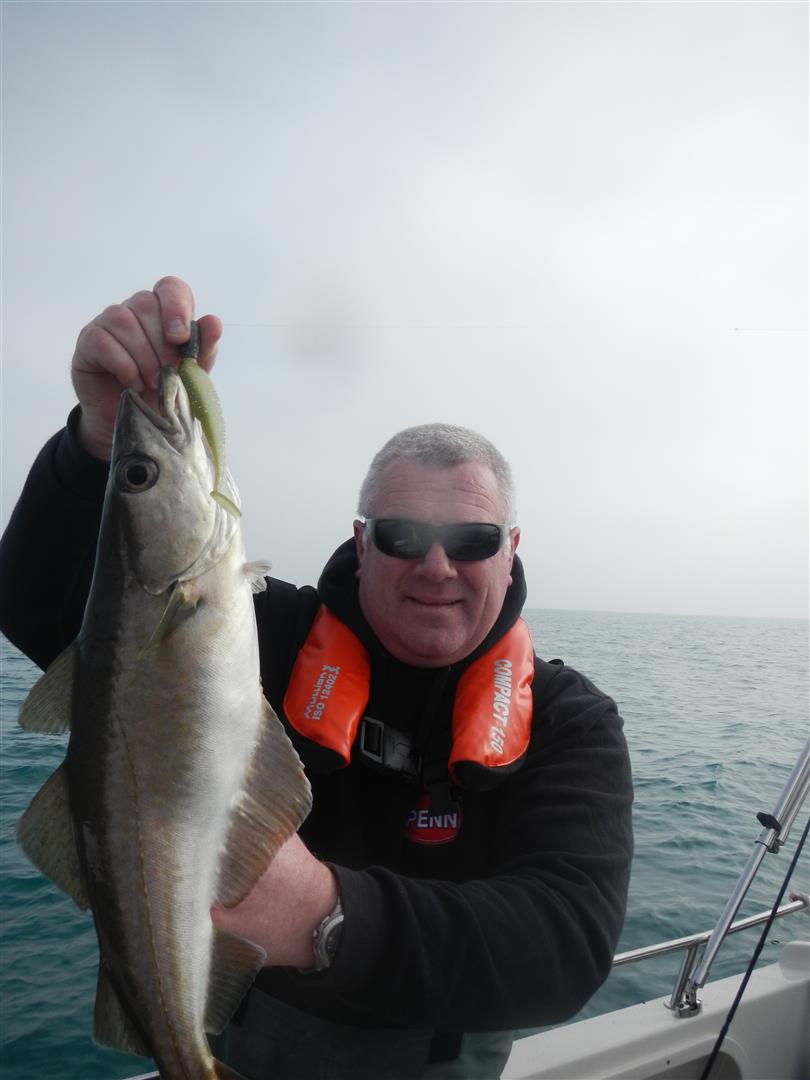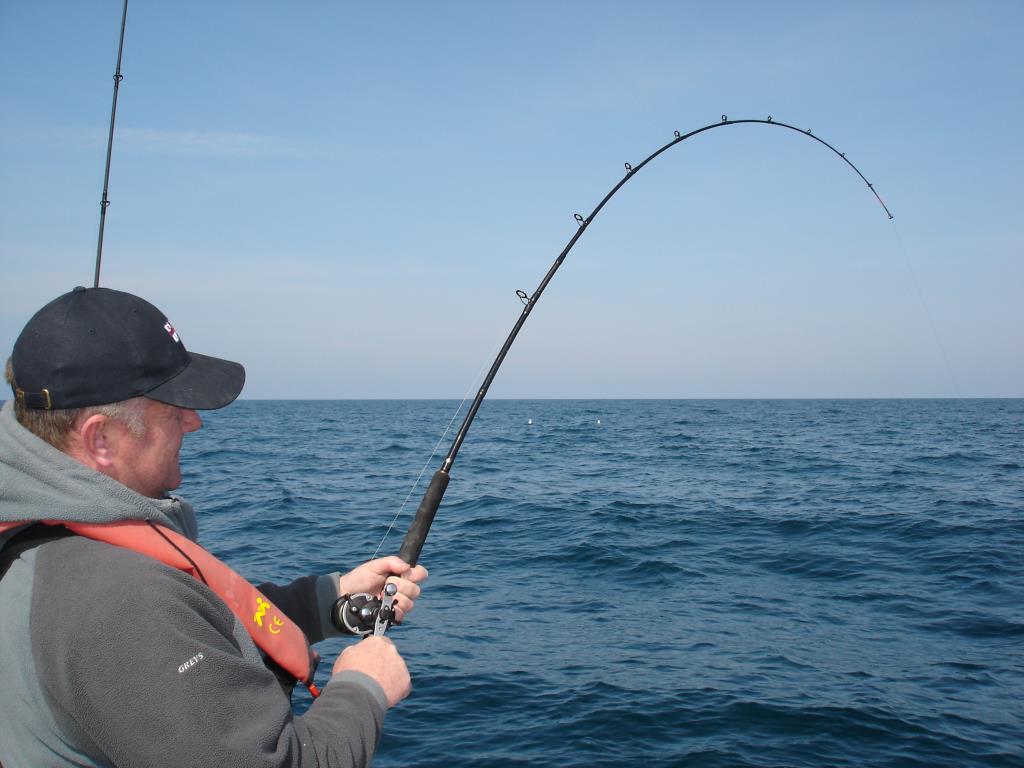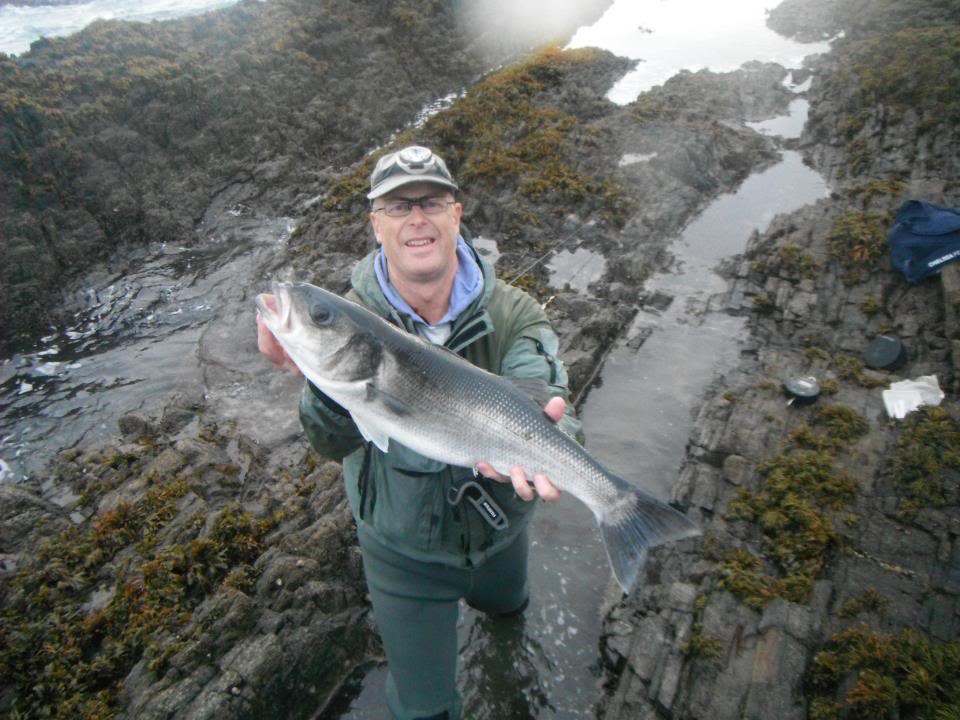* Successful Chartering

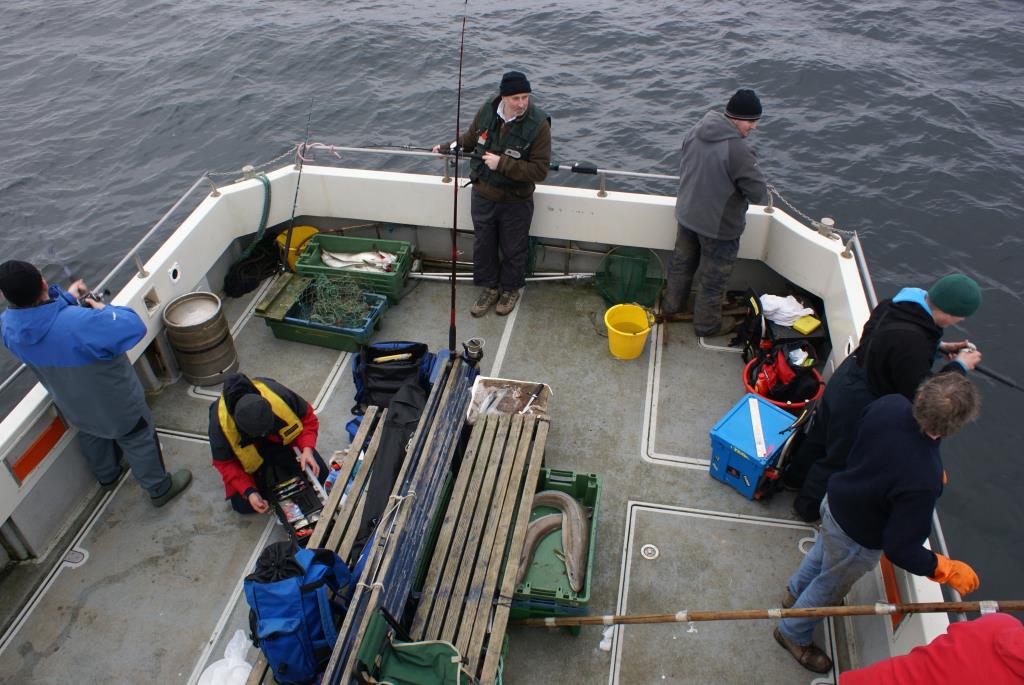
Successful Chartering
It can be hard to beat a sociable outing on a charter boat. The craic and banter only adds to the possibility of a great days fishing…
Maybe it’s a venue that you have never fished before? Maybe it’s a species that you have not targeted before? Maybe there’s a large gang of anglers wanting to travel on the trip? A charter boat can make most sense to get you all fishing with the best chance of connecting with the target species and have an enjoyable day out in the process. There aren’t many small boats that will take ten anglers and gear!
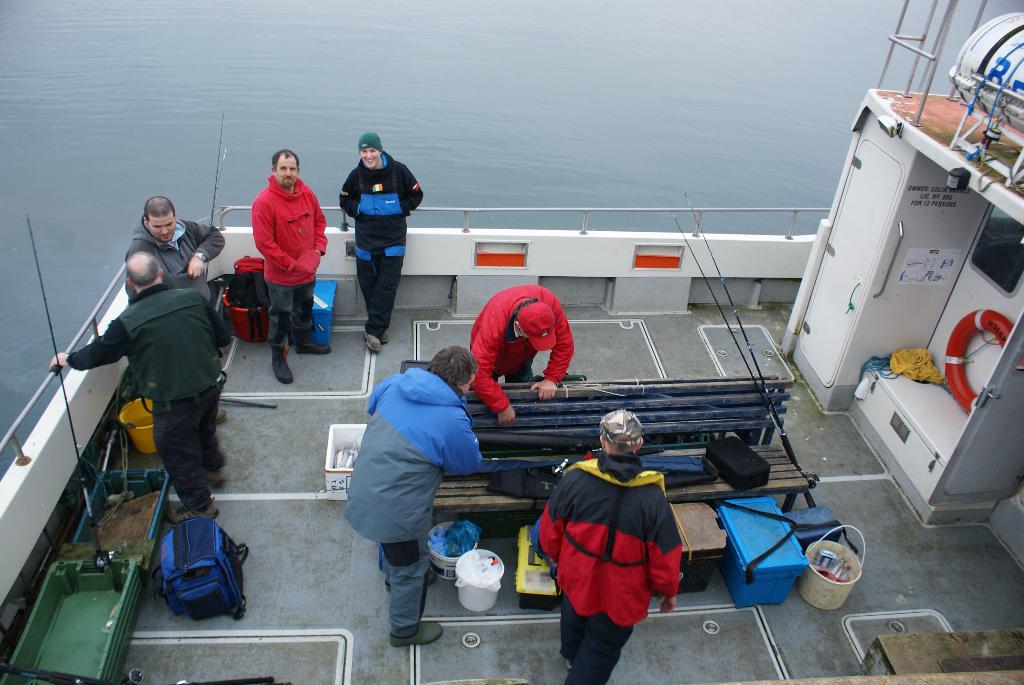
To a man, the charter skippers I know share something in common: They are all knowledgeable people who are dedicated to their trade. Most are coming from an angling background and therefore have not always been in the driving seat so they know what it’s like to be a customer. Many have a commercial fishing background; they are steeped in good ideas and have a decent network of contacts so they have their finger on the pulse as to what is happening on and under the water.
How do you go about picking a charter boater skipper? It is fair to say that most boats are booked because of a personal recommendation from other anglers. While its always smashing to be onboard with a “nice chap” past results tend to drive customers to skippers. So yes, the personal contact is important when picking a skipper, but reputations and results are important too.
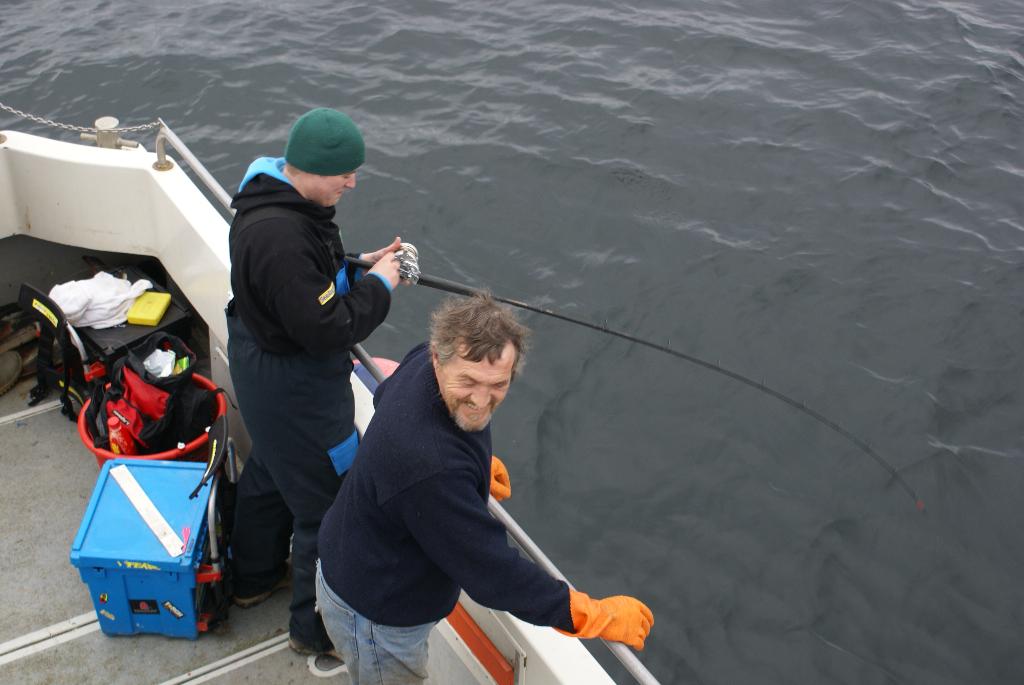
Many anglers are lured by the possibility of catching a specimen fish. For the majority the best possibility of getting that fish of a lifetime is securing a space on a boat where the skipper features regularly in the Irish Specimen Fish Committee’s annual report. In fact, the report provides many anglers with “The Bible” for when it comes to booking their charter trips. They glean important information, which skipper is catching which specimen fish species and when is the best time to travel. It makes sense really.

Recently while reading online I came across a meme that made me smile. It showed the process of booking a trip and the dwindling amount of anglers as you get closer to the date. It can be the source of stress for the organiser of a charter trip as anglers drop out or don’t show on the morning of a trip.
How do you go about booking and arranging your trip?
Firstly you need to establish that you have a crew to make the trip viable. Once you have that you need to contact and have a chat with the skipper you have picked. Be sensitive as to the time you contact your skipper. If it is during the season you might struggle to get them on the phone. Leave a message and be patient. During the winter I would usually like to make a call during the day rather than at night. You will find that most skippers don’t mind when the phone call comes but nobody wants their head wrecked by constant phone calls!
I organised many charters over the years. I enjoyed the majority of trips I took. I had some poor experiences during competitions years ago, mainly before the rules and regulations precluded cowboys, in the main, from the charter business. There are many regulations that a charter skipper must uphold to maintain their licence to operate. Qualifications for the skipper are rigorous and standards for the boat are high. There is regular inspections of the craft by the marine survey office. In short there are many rules to ensure that you are carried safely so it is always important to only book a licensed charter.
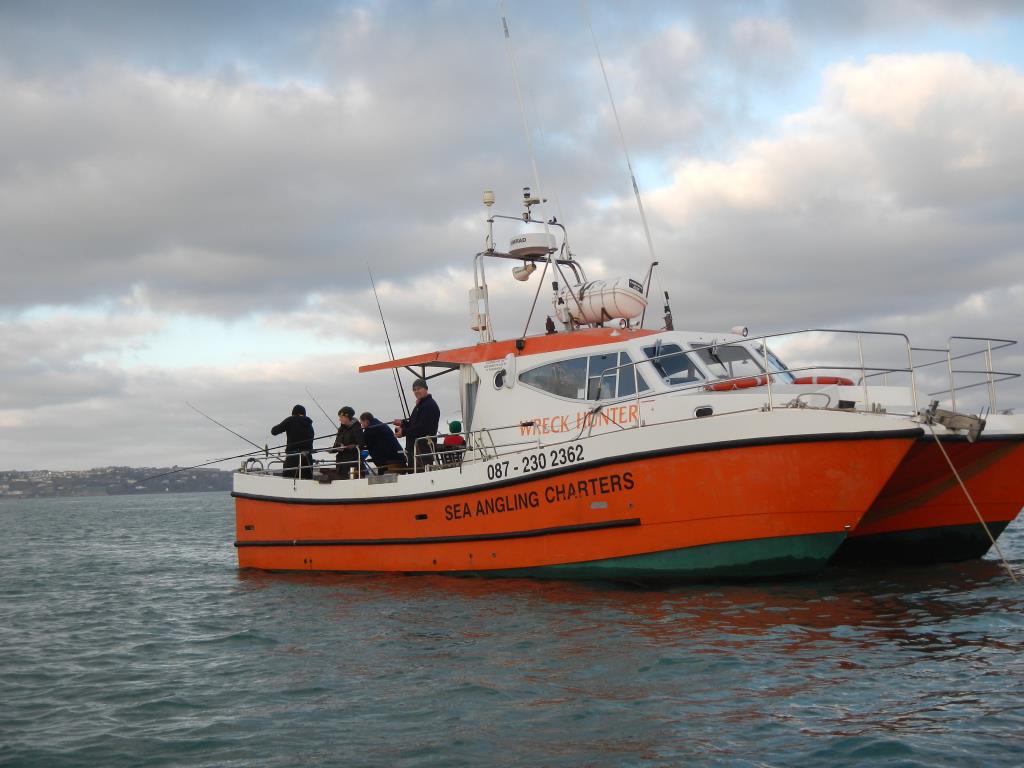
There are a few things to consider when you are the organiser of a trip. Firstly, you are the point of contact for the group so it is important that you communicate effectively with both skipper and crew. When you take a list of names and fill the spaces on the boat the problems of drop outs suddenly can become your problem. The easiest way out of this is to agree a price with the skipper and take the money from all the crew at the time of booking. You are now paid up and dropping-out is now the problem of the angler dropping out. They must find their own replacement. This arrangement eliminates stress from the organiser. It prevents the dire situation of people not showing up on the morning and the price of the charter increasing for those on board.
Collecting money is easy when dealing with a few mates all living in the locality. It is a different prospect when they are spread around the country. Paypal is a very useful tool for taking payments from far flung friends. Collecting money before the trip is the best plan. If you cannot collect money beforehand at least you need to be sure to tell crew members that a “no show” is still liable for the fee. Somebody is going to be out of pocket as the skipper still must be paid. Collect before is the key! The skipper may need a deposit to secure the booking. It is becoming more popular nowadays. Certainly if the skipper does not know your group he may be more comfortable getting a deposit. Make sure that you pay that deposit timely. There has often been the misfortunate orgainser that failed to secure his booking and had some explaining to do to his crew!
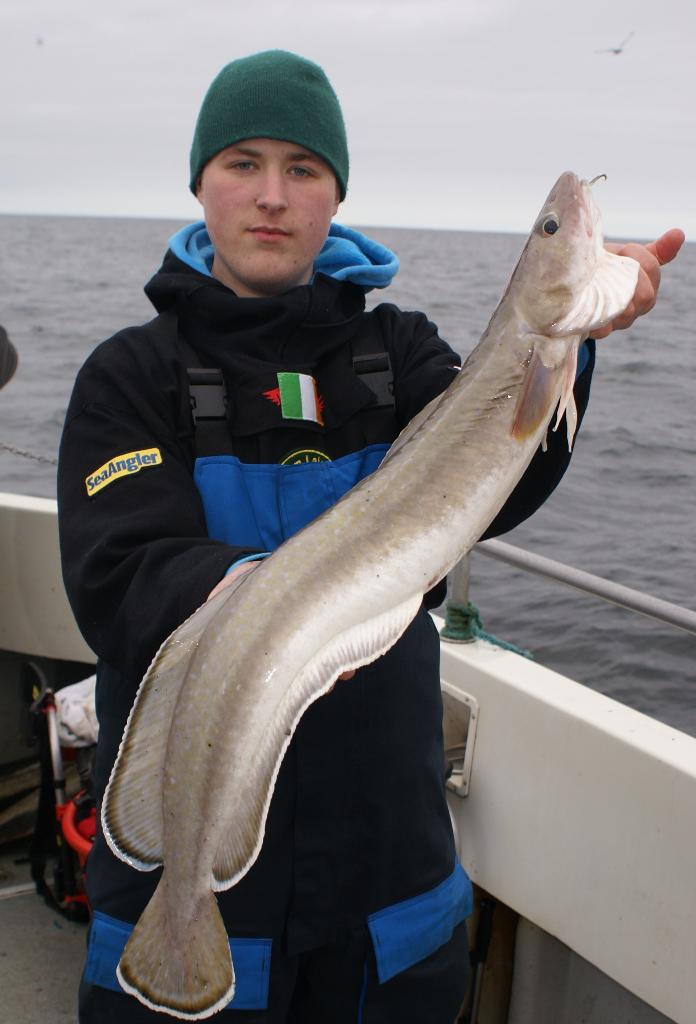
It is better to have a plan in mind when you make the call to the skipper. That way the skipper can advise you on the best tides and time to take the charter. If you just want to go “general fishing” then the skippers advice will be best. Most skippers will put together a decent mixed day of fishing, some drifting and some fishing at anchor and where necessary they will provide all the gear required. This can be ideal when organising that work outing where some greenhorns are present.
One small thing that is important – if you are going to hire gear from the skipper you should ask about the gear: just to be sure you are not going to be targeting fish with big broom handle rods! many skippers now have some nice light lure rods for use when drifting reefs for pollack and such like. Other than that it is important to determine “what” the trip is. A shark fishing trip? A wrecking trip? A tuna trip? It is important to know what is going to happen if plan A does not work out. I know many chaps that were a tad disappointed when their wrecking trip end up a ray fishing expedition while hiding from the wind. It is important to decide what the options are going to be and to make this clear to the crew.
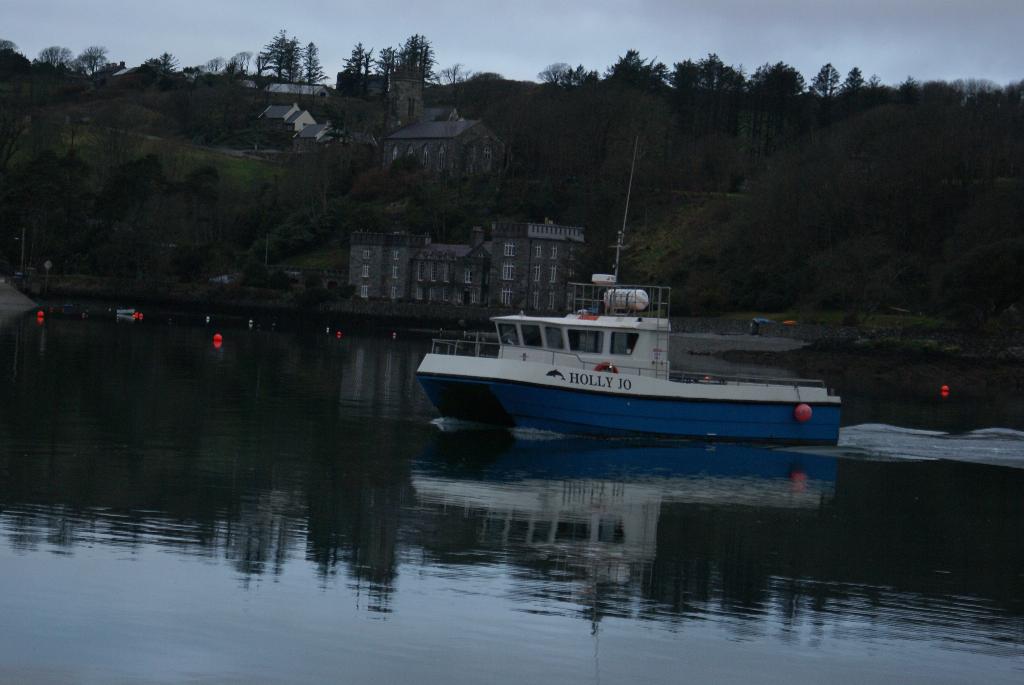
Closer to the trip you will need to keep in contact with the skipper. I like to ring a few weeks out just to confirm the date and the booking. Within a few days of the trip I will be watching the weather and will be thinking on the likely outcomes. It is best to cancel a trip as early as possible. It is at this stage that clarity earlier in the process pays off. We used the example of the group that is booking a shark fishing trip. If conditions do not allow for shark fishing but is suitable for other fishing the skipper will happily oblige. I have seen groups that were intent on shark fishing only to be told that the trip would go ahead despite the weather and they ended up fairly grumpy fishing in the harbour for the day. Not ideal, but would have been eliminated with some communication at the outset.
In terms of booking for specific fishing – wreck fishing or shark or even tuna it is important to be clear with the skipper. Charter skippers are not minting money! Their weekends are especially important when it comes to bookings. You will find that skippers will not book specific fishing at weekends. They will book “shark fishing if possible”. In other words if you really want to book for a specific style of fishing you should contact and chat to your skipper first and be prepared to book a mid-week trip.

Remember that your skipper is interested in getting the best fishing he can for your group. He wants the publicity and more importantly he wants your recommendation to others. It is rare to hear horror stories of the skipper that snoozes his day away in the wheelhouse! You will find that the modern breed of skipper is a proactive chap who is intent of helping anglers and is willing to give decent advice as well providing tea and coffee not to mention catching some bait!
How long is a day’s fishing? What time should you leave in the morning? What time should you be dropped back to the pier in the evening? What is a fair trip?
I would certainly think that the best part of an eight hour day on the water is what I would expect, anything more is a bonus. I would like to think that the skipper will leave early in the morning if the conditions or the tide dictates. If the skipper offers to stay out longer then I would be sure to offer a few bob extra. If the skipper is happy to stay out later without reward then surely a whip around for a tip is in order.
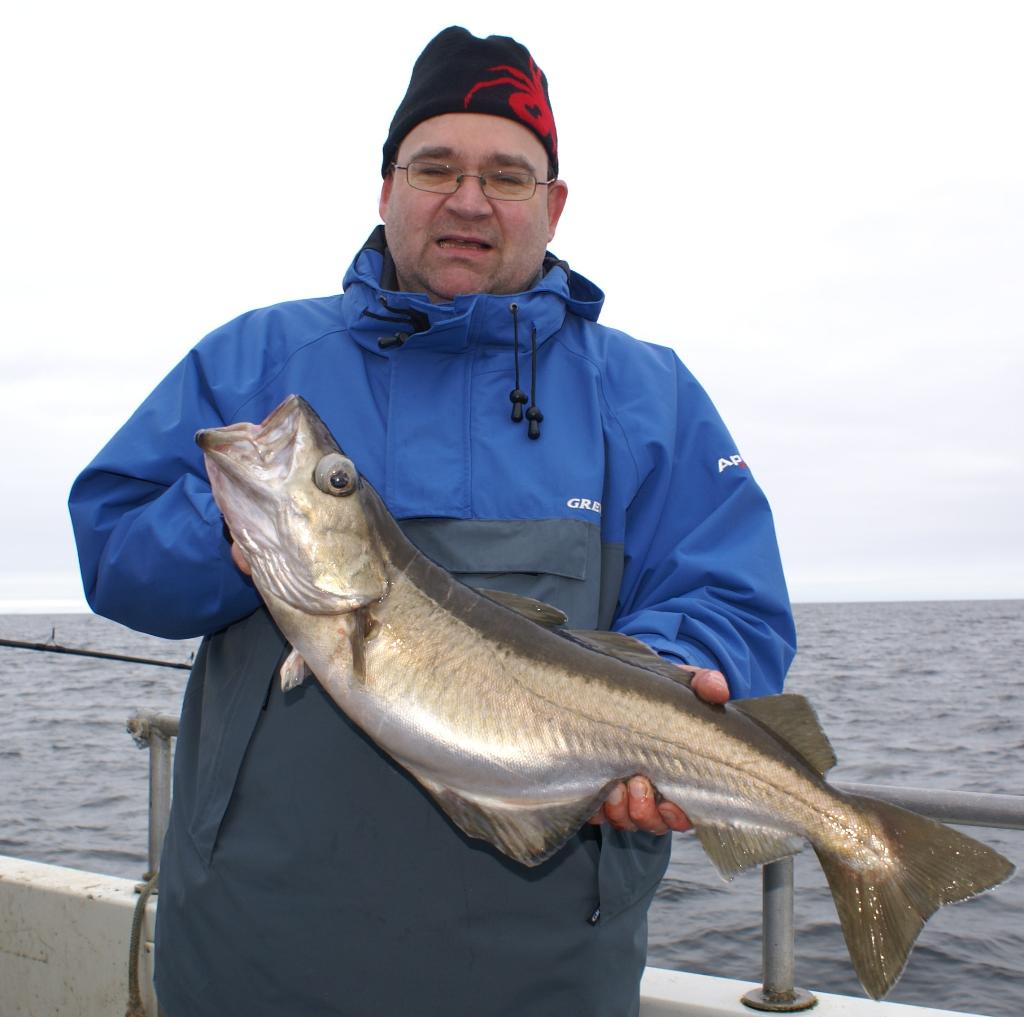
On the way home my group used always clean down the boat for the skipper. I think this was because we were all small boat anglers and would be cleaning down the boat on the way home anyway. I don’t know what the normal practice is nowadays but certainly if the skipper stays out late it would be only fair to help clean the boat on the way in.
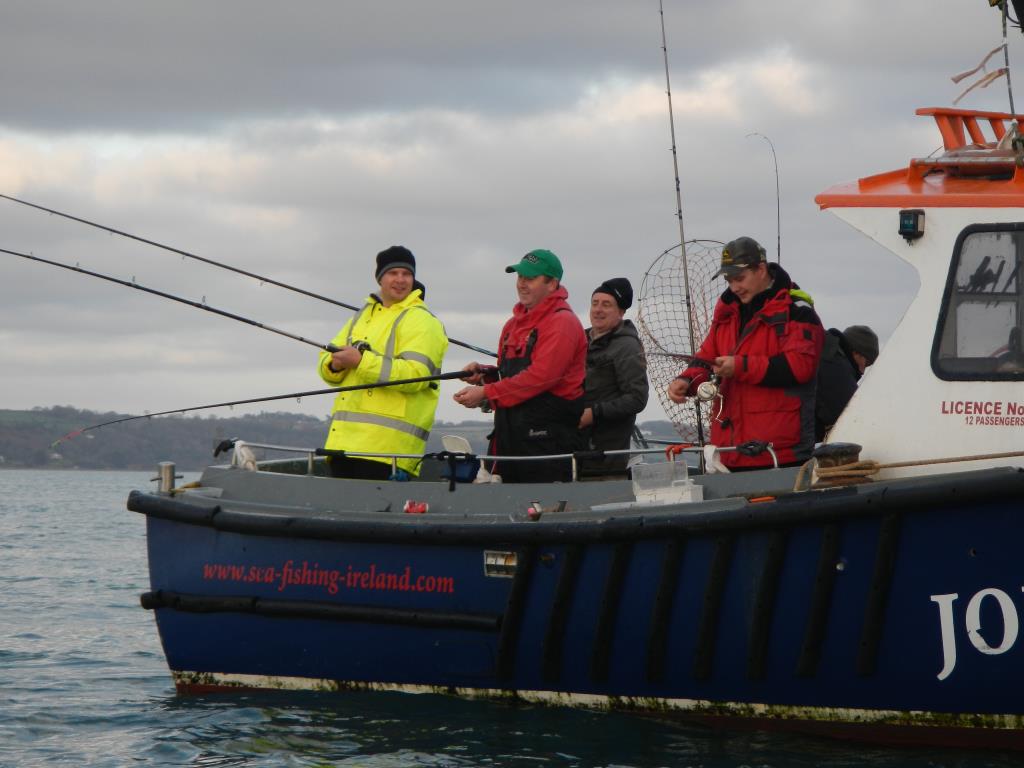
So there you have it! The recipe for a decent charter trip is far from a simple one but you can see what the major pitfalls are. So to sum up the important points for the organiser of a charter session:
- Get a crew together
- Contact the skipper
- Book your date
- Get payment immediately from the group – If he is slow to pay now you may have a problem later!
- Close to the date watch the weather
- Contact your skipper for timings and plans
- Tell your crew what is happening at all stages
- Make plans to look after any greenhorns
- Have the correct gear for the fishing plan
- Arrive in good time
- Respect the boat
- The skippers word is law
- Reward effort
- Give credit where credit is due
- Enjoy your trip.

